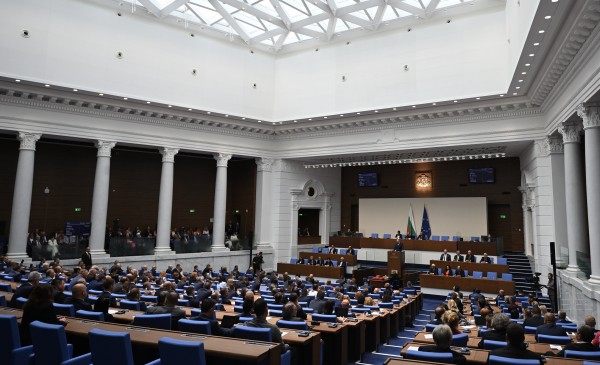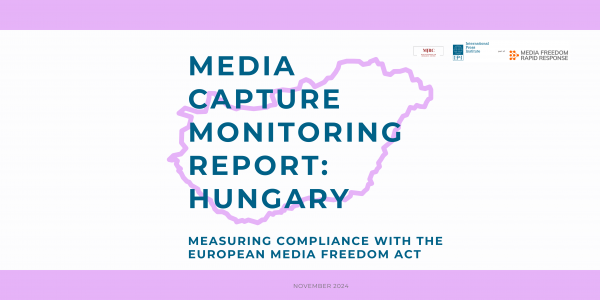Respected liberal periodicals failed to secure funding in this year’s grant awarded by Poland’s Ministry of Culture and National Heritage, an important source of income for them in previous years. The allocation has prompted allegations of politicization by depriving publications that do not share the government’s worldview of public funds.
The grant is one of several ministerial grants for cultural endeavours, including the visual arts, music and museum collections. Cultural periodicals, broadly understood, can apply for up to three years of funding. Applications are assessed in three areas: merit-based (60 out of a total of 100 points), organizational (10 points), and strategic (30 points). According to the guidelines published on the ministry’s website, merit is assessed by a steering committee of experts appointed by the ministry (members’ names are eventually published, after the competition). Points for organization are awarded by the Polish Book Institute, which administers the ministry’s grant for periodicals. In the strategic category, where the criteria include a periodical’s “established position with a large tradition and its opinion-forming character” and “consolidating cultural and national identity”, the Book Institute assesses applications “in agreement with the minister”. Periodicals have the right to appeal.
Of the periodicals that applied this year, 86 were awarded funding in May, amounting to a total of PLN 3.68 million (850,000 euros). The unsuccessful candidates included established periodicals Kultura Liberalna and Res Publica Nowa, two liberal journals of ideas, and Więż and Znak, two moderate Catholic periodicals.
The results caused a stir in the Polish intellectual sphere. An open letter to Minister of Culture Piotr Gliński signed by over twenty journalists and other intellectuals warned that its decision “will lower the level of discussion conducted in our country”.
“The state ensuring equal opportunities for circles with different worldviews to express an opinion is in the interest of society and the Polish taxpayer,” the signatories added, asking the ministry to consider the periodicals’ appeals. This demand was echoed in another open letter to the minister, signed by prominent editors and columnists from conservative media outlets.
Following their appeal, 12 of the periodicals were awarded funding at the start of June, including Kultura Liberalna, Więż and Znak. Nevertheless, some of the periodicals remain without ministerial funding. Among them are Zagłada Żydów, the Polish Centre for Holocaust Research’s journal, and Res Publica Nowa. The latter scored just 0.20 points below the threshold of 70 above which periodicals were awarded funding. Its overall score was brought down by its low score in the “strategic” category, where it received 13 out of 30 points.
Res Publica Nowa sees the decision to deny it funding as a case of the ministry’s political bias.
“Culture, broadly understood, is one of the defining battlefields of this government”, Wojciech Przybylski, Res Publica Nowa’s chairman, told the International Press Institute (IPI) in an interview. “We are a symbol of a different vision of Poland”, he added.
In the absence of the ministerial grant, the journal is considering crowdfunding and funding from abroad. To cut costs, it will publish digitally, reserving print for special issues.
Media observers acknowledge that the grant has long been politicized, reflecting the polarization between conservatives and liberals in Poland. However, under previous administrations, periodicals typically managed to appeal.
“By not granting those appeals, the minister missed a chance to be a patron of the arts – not in the archaic sense of supporting publications close to him – but rather creating the conditions in which a range of periodicals that matter can develop”, Piotr Kosiewski of the Batory Foundation in Warsaw, who has served on steering committees for other cultural grants awarded by the ministry, told IPI in an interview.
However, in the case of periodicals, which represent a range of worldviews, political bias could be difficult to remove from the grant allocation process – regardless of which party is in power.
“Developing a formal mechanism that could avoid all controversies would be difficult”, Kosiewski said. “Beyond formal rules, unwritten rules of the game are needed”, he added, highlighting the show of solidarity with the liberal periodicals shown by conservative journalists.



